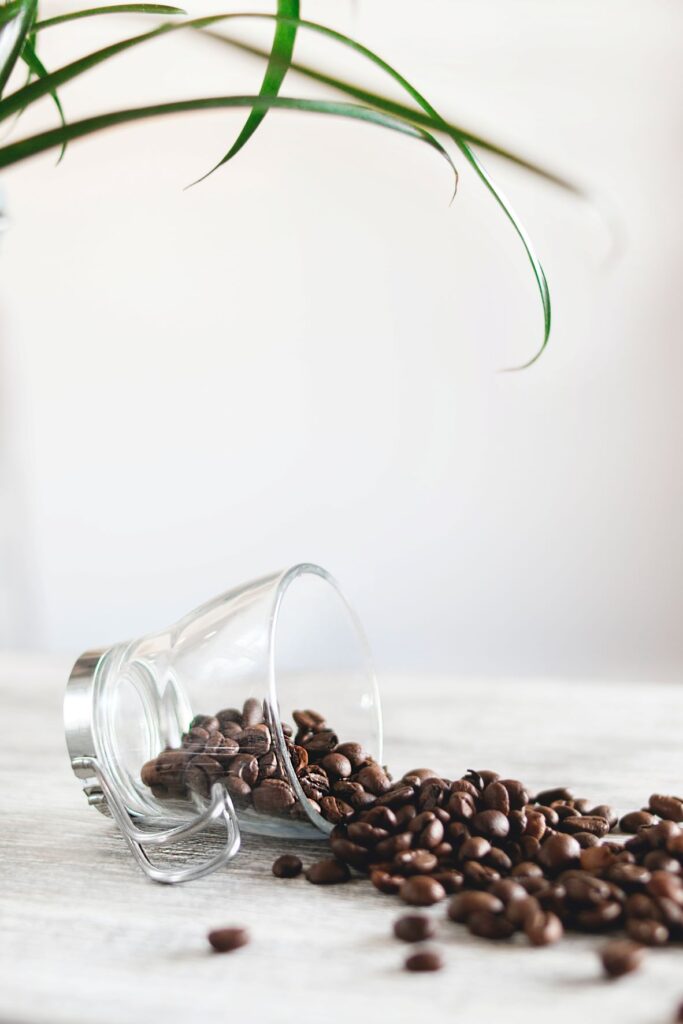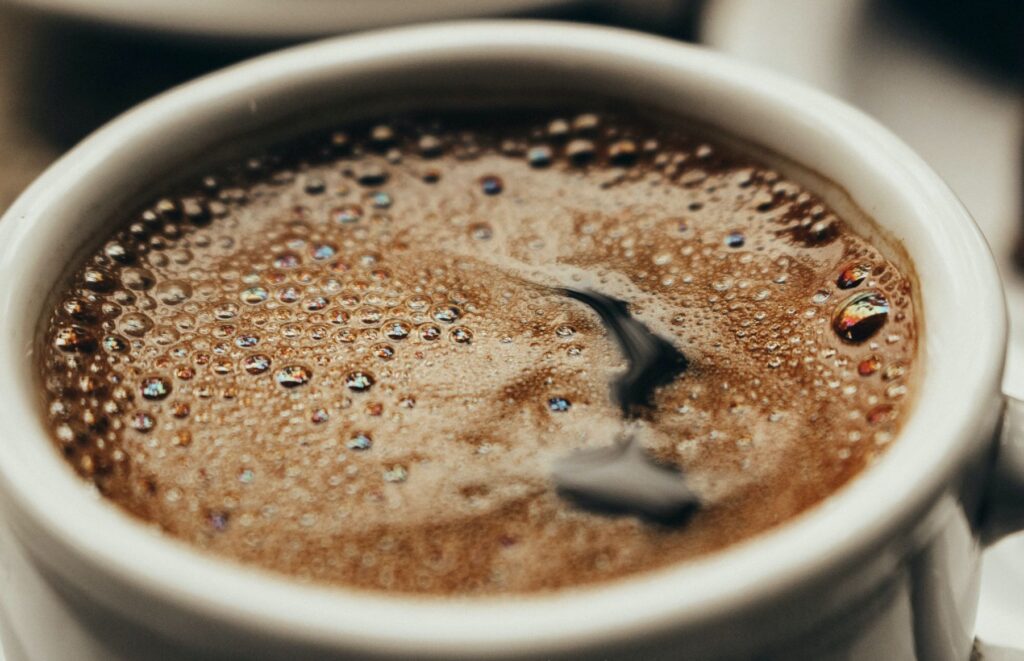
Believe it or not, but if you drink the right amount of coffee, you will be surprised how beneficial this drink is! You’ll feel more alert thanks to the caffeine, and drinking a hot cup of coffee has a remarkably calming effect on your body and mind. But what kind of benefits does drinking coffee have? Let’s find out.

Coffee is loaded with all kinds of different substances, some of which have been shown to help protect against diseases that are more prevalent in women, such as Alzheimer’s disease and heart disease.
When one thinks of coffee, the substance that comes to mind first and foremost is caffeine. According to nutrition experts, coffee also contains antioxidants accompanied by other active substances that may reduce internal inflammation and protect against disease. Well, let’s be honest, there is so much more than just an energy boost! As a matter of fact, coffee impacts your health more positively thank you may think.
Top reasons to start consuming coffee
Drinking the right amounts of coffee over particular time frame has the following benefits:
- Lowered risk of getting a stroke. There is a correlation between drinking at least one cup of coffee per day and a reduced risk of stroke in females, which is significant given that stroke is the fourth leading cause of death in females.
- Stronger DNA. Coffee with a dark roast reduces the amount of breakage in DNA strands, which are a natural occurrence but can cause cancer or tumors if your cells do not repair the damage.
- Sugar is processed much better. Studies have shown that individuals who consume more coffee have a lower risk of developing type 2 diabetes.
- One simply lives longer. Recent research has shown that people who drink coffee have a lower risk of dying from coronary heart disease, stroke, diabetes, and kidney disease—all of which are among the leading causes of death in women.
- The risk of getting Alzheimer’s disease is decreased. Women account for nearly two-thirds of those diagnosed with Alzheimer’s disease in the United States. However, the caffeine that is contained in two cups of coffee may offer a significant degree of protection against the development of the condition. In point of fact, researchers discovered that women over the age of 65 who drank anywhere from two to three cups of coffee on a daily basis had a significantly lower risk of developing dementia in general.
We do not experience fatigue solely as a result of the biological clock in our bodies. Adenosine molecules that have accumulated in the body send signals to the brain, telling it to slow down and make the person feel sleepy or groggy. Caffeine does not, in and of itself, provide a boost to one’s energy levels; rather, it protects one’s energy levels from the adenosine-induced fatigue that can otherwise occur.

Instead of drinking a large cup of coffee, which contains a high dose of caffeine, the experts in the field recommend drinking green tea or espresso, both of which have lower doses of the stimulant. This will keep your energy level more consistent and steady throughout the day. It also helps to avoid the energy peaks you get from something that is super caffeinated like coffee. Instead of drinking large cup of coffee, consider buying a box of green tea bags and drink up to three cups. Furthermore, this is an easy and inexpensive way to accomplish the goal.

Here are a few interesting facts about coffee you did not know:
In Italian, espresso literally translates to “pressed out”
This refers to the process of making espresso, which involves passing water that is boiling hot through pressed coffee grounds. Although espresso contains a higher concentration of caffeine than coffee does, it would take three shots of espresso to match the amount of caffeine that is found in a standard cup of coffee.
More than $600 can be paid for one pound of the most expensive coffee in the world
The excrement of an Asian palm civet is the source of one of the most highly sought-after varieties. The feline-like creature consumes fruit, such as coffee cherries, but it is unable to break down the beans in the fruit. The process of producing the excreted seeds, known as kopi luwak, has been criticized by animal rights activists due to the fact that the resulting beverage is silky smooth and less acidic than traditional coffee.
This content was imported from another source, namely poll. You might be able to find the same content presented in a different format on their website, or you might be able to find more information there. Both of these possibilities are possible.

The nation with the highest per capita consumption of coffee is Finland
According to the estimates provided by the International Coffee Organization, a typical adult in Finland consumes 27.5 pounds of coffee on an annual basis. In comparison, the average American only carries 11 pounds of weight.
Coffee’s rise to prominence in the United States was aided by the Boston Tea Party
Drinking coffee rather than tea became associated with patriotism in the years leading up to the American Revolutionary War. Because it helped energize weary troops, the drink also became more common during the Civil War, which contributed to its spread.
Decaf beverages can still contain trace amounts of caffeine
A cup of brewed decaffeinated coffee that is eight ounces contains anywhere from two to twelve milligrams of caffeine. In contrast, one can of cola contains approximately 23 milligrams to 35 milligrams of caffeine, while a typical cup of coffee contains anywhere from 95 to 200 milligrams of the stimulant.

Only one calorie can be found in one cup of black coffee
The sum can quickly balloon if sweeteners, cream, and other mix-ins are included in the recipe.
A grande Java Chip Frappuccino from Starbucks has 88 grams of sugar and 600 calories, which is more than a Big Mac from McDonald’s!
The grounds have the ability to make your skin more beautiful
Keep any beans you don’t use to make a homemade scrub. Coffee grounds are physical exfoliators that can lift off dead skin cells, making skin feel smoother and look brighter.
It is believed that caffeine can improve blood circulation in the skin. However, there is not yet sufficient clinical data on the use of caffeine in topical products.


